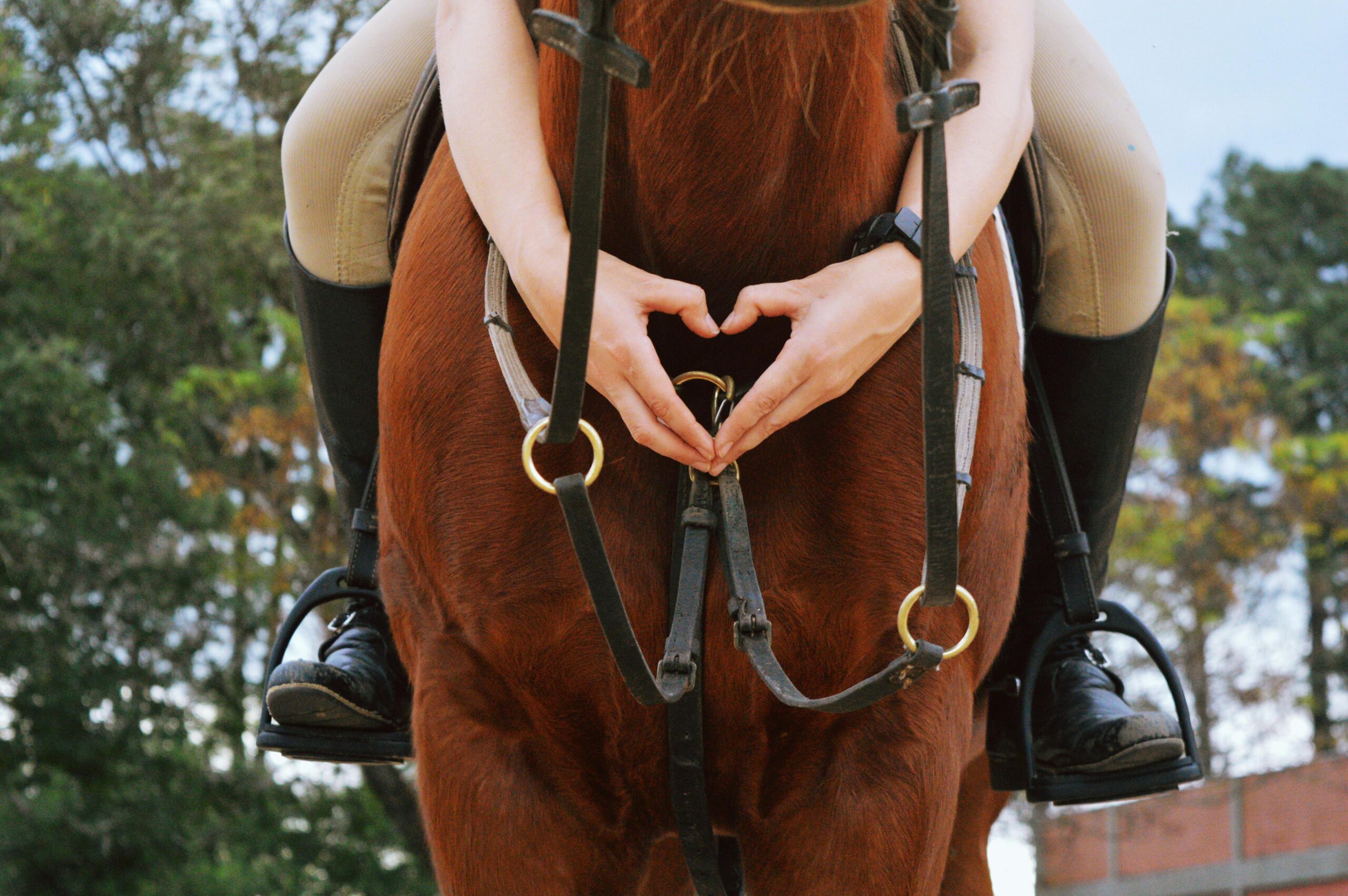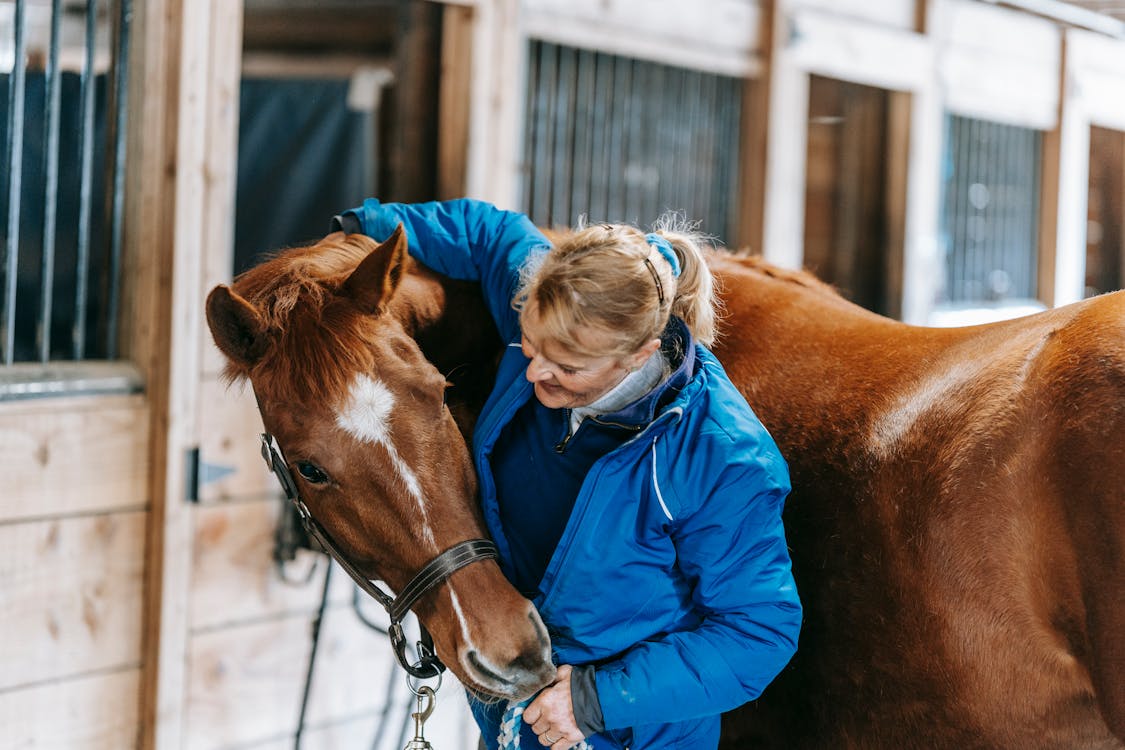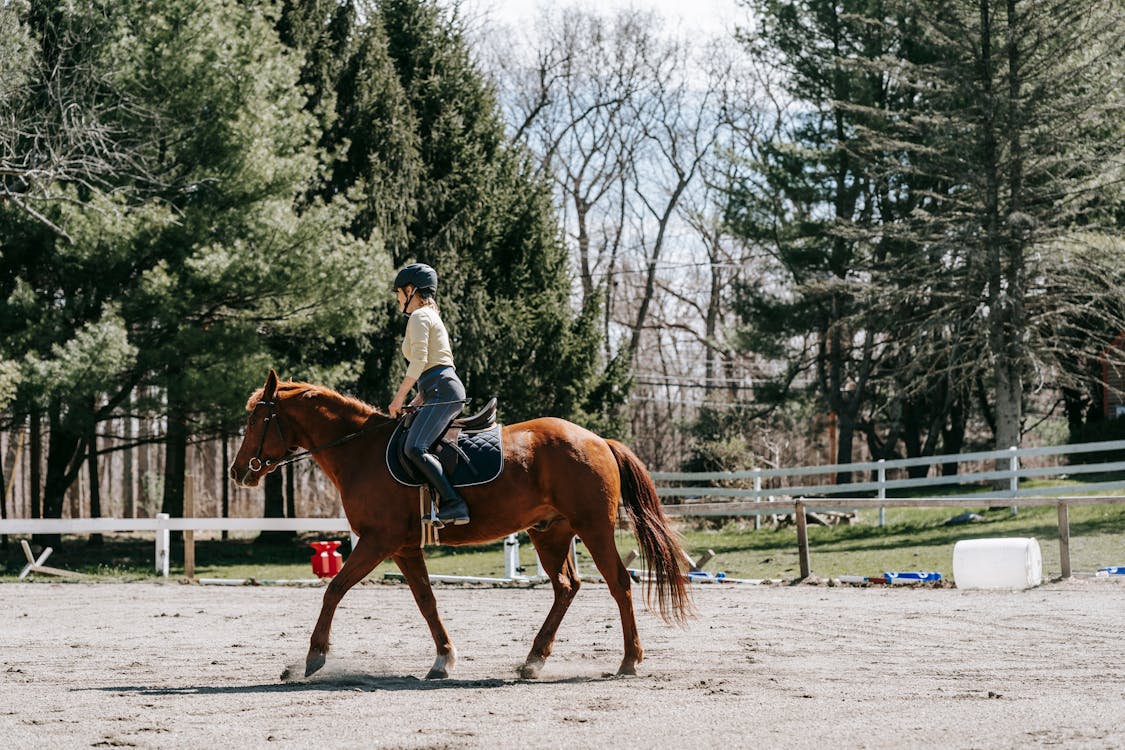Horses Have an Extraordinary Ability to Help Humans

Horses have a way of connecting with people that goes beyond words. Their calm presence, sharp intuition, and ability to mirror human emotions create a powerful space for healing and self-discovery. Unlike traditional therapy methods, working with horses invites individuals to step out of their minds and into the present moment, where growth and transformation begin.
From soothing anxiety to helping people recover from trauma, horses have become trusted partners in therapy. Their gentle strength and non-judgmental nature make them extraordinary guides, offering insights and emotional breakthroughs that humans sometimes struggle to find alone. In their presence, healing becomes a shared journey, driven by trust, patience, and an unspoken understanding.
Out of All Animals, Why Horses?

Horses possess an extraordinary ability to connect with humans on a deeply emotional level. Unlike humans, they don’t judge or analyze—they simply respond to what they feel. This intuitive nature allows horses to mirror emotions, giving people an honest reflection of their inner world. Whether it’s nervous energy or calm confidence, horses pick up on these signals and react in ways that encourage self-awareness and growth.
What sets horses apart is their ability to offer unconditional presence. They don’t ask for words or explanations, creating a safe environment for individuals to process feelings that may be too difficult to articulate. For someone battling anxiety, a horse’s calm demeanor can be grounding. For someone healing from trauma, the trust built through simple interactions like grooming or leading a horse can be transformative. These moments of connection reveal the power of being seen and understood without judgment.
Through their non-verbal communication and sensitivity, horses invite people to step into the present moment. This connection becomes a partnership—one that fosters trust, emotional regulation, and resilience. It’s in these quiet, unspoken exchanges that healing often begins, reminding us of the profound lessons animals can teach about strength, empathy, and self-discovery
What Is Equine Therapy?
Equine therapy is a powerful method of healing that incorporates interactions with horses to address emotional, psychological, and even physical challenges. This practice goes beyond riding. Activities like grooming, feeding, and leading a horse are integral to the process, offering individuals a hands-on way to build trust, patience, and emotional awareness. Guided by trained professionals, equine therapy combines the calming presence of horses with structured therapeutic approaches to help people navigate their struggles.
What makes equine therapy so impactful is its ability to create a non-verbal and judgment-free environment. Horses respond to emotions in real time, mirroring what they sense in humans. This helps individuals identify and process their feelings in a way that feels natural and unforced. Whether someone is working through anxiety, trauma, or interpersonal difficulties, the unique bond formed with a horse can unlock a deeper understanding of oneself and spark personal transformation.
How Horses Help Heal Anxiety, Trauma, and Addiction
Horses have an incredible ability to help people confront and heal emotional wounds. For those struggling with anxiety, interacting with horses can create a powerful sense of calm. Their non-judgmental nature helps individuals feel safe enough to explore their emotions without fear of criticism. Horses encourage mindfulness, pulling people out of anxious thoughts and into the present moment, where healing begins.
In cases of trauma, particularly post-traumatic stress disorder (PTSD), horses play an equally profound role. Veterans, survivors of abuse, and others recovering from life-altering events often find it difficult to trust or form connections again. Working with a horse—a creature that requires trust and clear communication—gently rebuilds that broken bridge. As one veteran described, bonding with a horse can feel like rediscovering the ability to connect with others, both human and animal.
The benefits extend to individuals battling addiction as well. Addiction often creates cycles of shame and isolation, making vulnerability a difficult hurdle. Horses, with their intuitive responses, invite individuals to open up without the pressure of words. This process fosters emotional resilience and self-acceptance, giving people the courage to face their struggles and reclaim control of their lives. These emotional breakthroughs, facilitated by the quiet yet powerful presence of horses, are a testament to their extraordinary ability to help humans heal.
How Equine Therapy Supports Physical Recovery and Social Bonding

Horses don’t just help with emotional growth—they’re also remarkable partners in physical and social rehabilitation. Therapeutic riding programs, for instance, are designed to improve balance, coordination, and strength. The rhythmic motion of a horse stimulates muscles and joints, promoting flexibility and endurance for individuals recovering from injuries or living with conditions such as cerebral palsy, multiple sclerosis, or spinal cord injuries. For those who cannot ride, horse-and-buggy programs provide similar physical benefits in an accessible format.
The benefits of working with horses extend far beyond physical gains. These programs often provide individuals with a much-needed sense of accomplishment. Completing even small tasks like grooming or leading a horse builds confidence and restores a sense of agency. This is particularly valuable for those who have felt powerless due to their physical limitations or health challenges.
On a social level, equine therapy creates opportunities for connection and collaboration. Caring for horses often requires teamwork, fostering communication and trust between participants and facilitators. This environment reduces feelings of isolation, providing a supportive community where individuals can share their progress and encourage one another. Through their gentle strength and unwavering presence, horses help people regain not only their physical abilities but also their confidence in forming meaningful relationships.
What to Know Before Starting Equine Therapy
Equine therapy offers unique healing opportunities, but it’s essential to ensure it’s the right fit. Physical readiness is a primary consideration. Individuals with conditions like back pain or scoliosis should consult their doctor beforehand. Many programs provide non-riding options, making therapy accessible even for those with mobility concerns.
Cost is another factor to evaluate. Equine therapy is often not covered by insurance, and fees vary depending on the program and location. Contact local centers to discuss pricing, payment plans, or financial assistance options.
Emotional readiness also matters. While many people feel excited to interact with horses, some may carry fears or past trauma involving animals. Initial assessments by professionals can help determine comfort levels and ensure a safe start to the process.
Life Skills Learned in the Presence of Horses

Horses are profound teachers of trust, patience, and emotional growth. Their reliance on non-verbal cues demands honesty and authenticity, encouraging individuals to slow down and approach interactions with mindfulness. This process builds trust as people learn to communicate clearly and respect boundaries.
Horses also teach emotional regulation through their keen ability to mirror human behavior. Anxious or erratic energy can unsettle a horse, while a calm and centered presence fosters connection. This immediate feedback helps individuals recognize and manage their emotions effectively, a skill essential for navigating relationships and challenges.
Equine-assisted learning programs expand on these lessons, helping participants develop critical life skills like communication, problem-solving, and teamwork. From veterans rebuilding trust to children overcoming social challenges, these interactions with horses provide valuable insights into the power of respect and consistency in creating meaningful connections.
The Extraordinary Gift of Horses
Horses have an undeniable ability to bring out the best in humanity. Whether helping someone heal from deep emotional wounds, aiding in physical recovery, or teaching life-changing lessons in trust and patience, their impact is nothing short of extraordinary. These majestic animals remind us that growth and connection often come in the quiet moments when words are unnecessary, and presence speaks louder than anything else.
For anyone seeking a path to healing or self-discovery, equine therapy offers a unique and powerful experience. It’s not just about overcoming challenges—it’s about embracing the journey and rediscovering strength through a bond that transcends language. Horses show us that true transformation begins when we allow ourselves to trust, to connect, and to be fully present. In their presence, healing becomes not just possible but profoundly life-changing.
Featured image from: Pexels
Loading...






